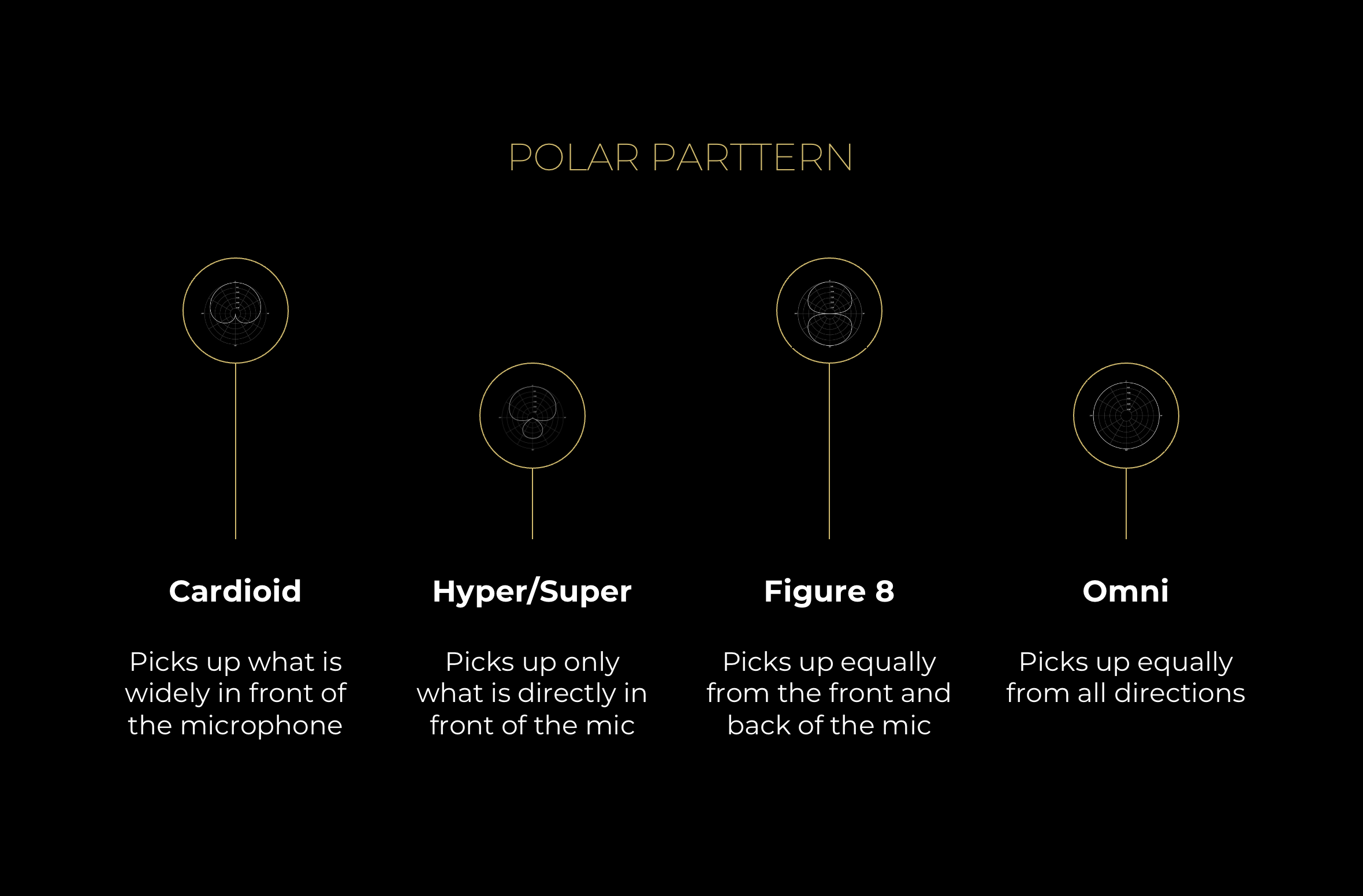What Vocal Microphone Should we get?
It can feel very overwhelming when trying to select a vocal mic. Not only are there many brands that people will recommend but there are also many choices within each brand. While I’m not going to answer the question directly “what mic should you get?”, we will look at several factors that should help you make the best choice for your context.
Transducer Type
There are primarily 2 types of transducers seen in live vocal mics
Dynamic Microphones have the transducer suspended in a membrane. This causes them to react slower than the other type of transducer we’ll look at which makes them a little less sensitive. This can has both positives and negatives. On the positive side, dynamic mics are often more rugged and can handle higher Sound Pressure Levels (SPL). On the negative side they don’t tend to capture as much subtle detail.
Condenser Microphones have a transducer that is suspended with an electric current giving them a higher sensitivity but making them more fragile.
When deciding what’s right for your situation, you’ll need to look at the singers you’re mic’ing.
Are the loud or soft?
Is there anything harshness in their voice that can get out of control?
Is their tone breathy or full bodied?
How loud are the other elements on the stage?
Pickup pattern
A mics pickup pattern refers to how strongly it picks up off axis from the transducer. The tighter the pattern, the more it will reject sounds coming in perpendicular to the mic.
The main pickup patterns we see for live vocal mics are:
Cardioid:
This pattern picks up mostly anything that comes in front of the transducer from any angle.
Hyper Cardioid:
This pattern is a little tighter and begins to reject more of what’s to the outside edges of the front of the transducer
Super cardioid:
This pickup pattern is the tightest of the 3 we’re looking at and only picks up sound from directly in front of transducer.
Some factors to consider are:
How loud is your stage?
How disciplined is the singer with proper mic technique?
There are tonal trade offs with the different pattern types so it’s good to rent or demo some different options to determine what’s best for you.
Wired/wireless
The best wireless mic will only ever sound as good as a wired mic. There are often larger amounts of expense and audio quality suffers in the lower end wireless systems than if you just got the wired version of the mic.
The other thing to keep in mind with wireless is how it complicates gain structure. My general rule is that if something can be wired and still look good/provide adequate mobility,it probably should be.
Sound
At the end of the day what matters the most is how the mic sounds on a particular signal and price tag isn’t usually a good indicator on how good a mic will sound. I’ve seen many cases where a cheaper mic sounded better on a particular source than a more expensive mic.
You have to listen to it and compare it against other mics to determine the best choice for you. This is where having a good relationship with a dealer comes in handy. There’s also always rental options as well.
If you have further questions, or want help choosing the best microphones for your context, check out our complementary consulting session.



